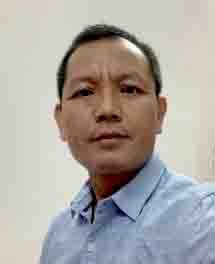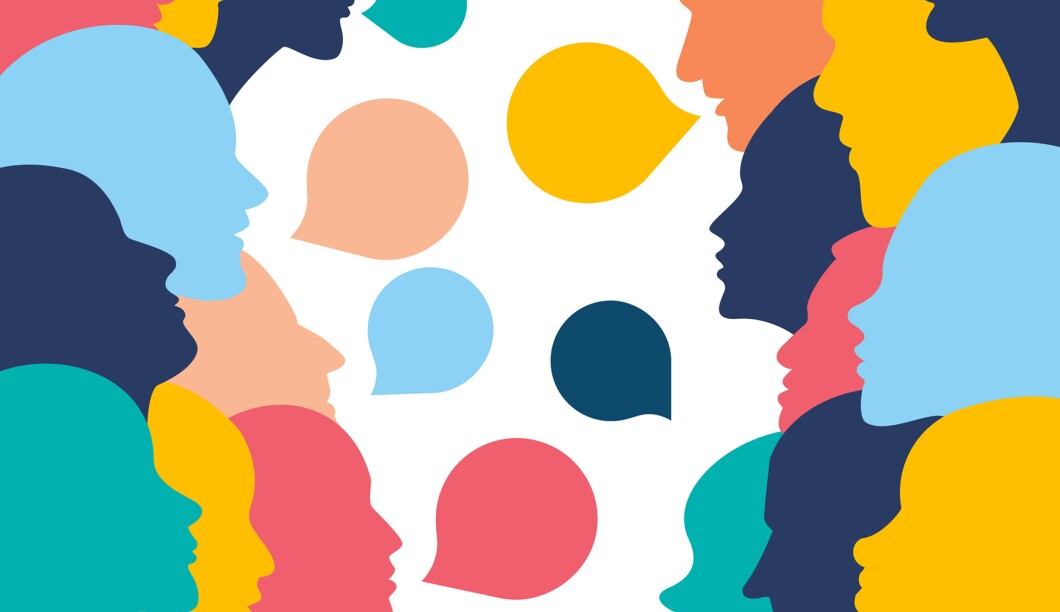Debate is a form of articulating one’s conviction or standpoint to convince the floor based on facts and ground zero applications. When a society can debate maturely on topics such as Development, Literacy, Majoritarianism, Forest, Tribes, Democracy, Uniform Civil Code, CAA, Truth, Peace, Environment, Equity, etc., there is a ray of openness and maturity. Fortunately, the Indian democratic form of government gives us privileges to differ, debate and arrive at a solution non-detrimental for various sections of people. A debate should not be personalised or criminalised or communalised. Debate is a civil form of airing one’s convictions and a civilised form of disagreement. Debate offers a space to receive input from others and see reality from a 360-degree perspective.
Power Politics
Power politics has been the prime cause of world conflicts disturbing local-global peace and the livelihood of the poor. Power is conferred upon someone by people or institutions. Power is never a ‘forever’ entity. Power itself is an intangible thing but the results of its execution can be beneficial or detrimental. It is a passing thing. Religious or political powers are but for the good of society, thereby bringing peace and well-being. Power is for a purpose, not for show or misuse. If we look at any society, we notice that traditional or ethnic social administrations preceded the present sophisticated political powers that be. A mature society can debate about ‘power politics’ – its fruitful use and misuse because the power to rule itself is conferred by the people, especially in a democratic society. The power of legislature, executive and judiciary are three powerful engines of a democratic society. But if one or two overpower the other(s), we will have autocratic designs and processes in the garb of democratic governance. The ‘Rule of Law’ ensures equality and equity for the powerful and the not-so-powerful. The absence of it leads to arbitrary decisions and executions, further leading to rampant corruption in every possible field. Power corruption is also a form of corruption creating a trust deficit between individuals and institutions, between communities, between academia, and the scientific community.
Agree to Disagree
It is a sign of insecurity and low-grade learning when a person or institution cannot tolerate voices that differ from theirs. Truly, it will be incredibly dull if all of us think and act in the same way. Differences in thinking, execution and life principles bring variety and expand our horizons for the better. If we accept the premise that ‘no one is perfect on this earth’, then there is a room that all that we do is not perfect. If someone offers a better idea (through suggestions or constructive evaluations), we should be doubly happy to accept it. In fact, we should thank those who suggest better ways of thinking and doing things. But, if a person (or institution, society, group, or government) thinks that everything he or she does is the best and nothing can be better, that thinking is a fallacy. A fallacy is a mistaken belief based on unsound arguments. It is a fallacy to believe that one is foolproof. If one has a mentality of being foolproof, it should be open for a mature debate to test if that belief can stand the test of time.
We live in a world where what the majority holds is taken as truth despite knowing that the truth is something else. We are swept away by politics, ethnicism, regionalism, and survivalism. Until we can maturely debate existing policies, principles, social issues, and religious concerns to arrive at a responsible situation, the truth will be compromised in multiple ways. As long as ‘money power’ and ‘other fleeting powers that be’ rule society, it is unlikely that we will be mature enough to debate.

The author is a PhD research scholar, Department of Sociology and Social Work, CHRIST (Deemed to be University), Bangalore, Karnataka, India. Email: paulhowkeep20@gmail.com











